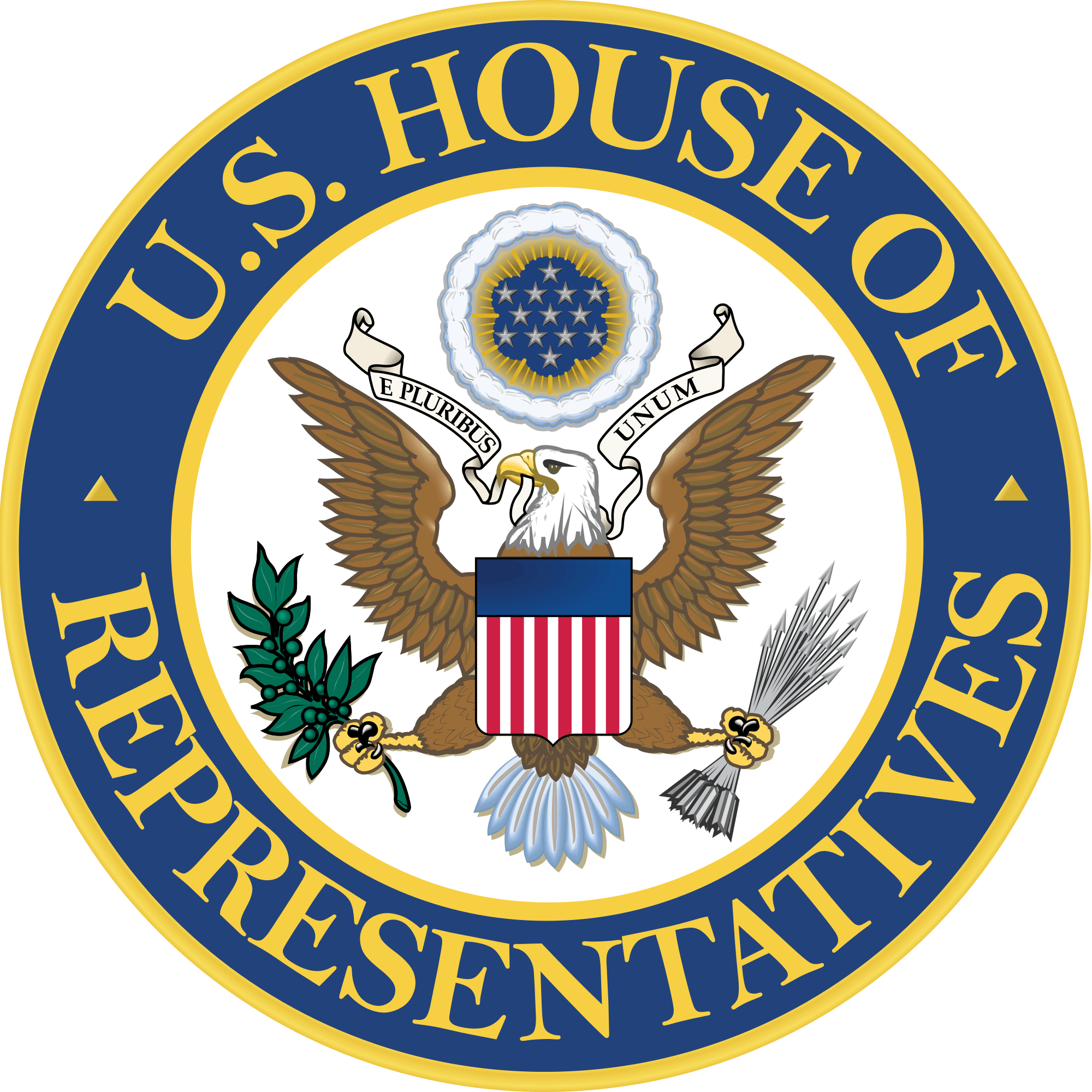Scalise, McKinley Introduce Anti-Carbon Tax Resolution

 House Majority Whip Steve Scalise (R-LA) and Rep. David McKinley (R-WV) on Thursday introduced H. Con. Res. 119, which “Expresses the sense of Congress that a carbon tax would be detrimental to American families and businesses and is not in the best interest of the United States.”
House Majority Whip Steve Scalise (R-LA) and Rep. David McKinley (R-WV) on Thursday introduced H. Con. Res. 119, which “Expresses the sense of Congress that a carbon tax would be detrimental to American families and businesses and is not in the best interest of the United States.”
The concise (one-page) resolution finds that a carbon tax is a tax on the fuels that provide 81 percent of all U.S. energy, will increase the price of gasoline, electricity, natural gas, and home heating oil, will force consumers to pay more for necessities like food, gasoline, and electricity, will lead to less economic growth and more businesses and jobs moving overseas, will impose disproportionate burdens on industries in energy-intensive manufacturing regions, and will fall most heavily on the poor, the elderly, and other persons on fixed incomes. The resolution also spotlights the incompatibility between a carbon tax and the energy production boom that undergirds U.S. competitiveness.
In a press release supporting the resolution, I note that a carbon tax is like all other “progressive” climate policies. All ratchet up over time until their politically-disfavored victims are financially depleted and politically marginalized. In short, a carbon tax is a form of economic warfare waged by the government against otherwise perfectly lawful enterprises. That is not how business is done in a free society.
In the same release, my colleague Myron Ebell observes that “a carbon tax is not a conservative solution to anything.” Indeed, carbon tax advocacy is “political poison” for conservatives, blurring the clear product differentiation between a conservative movement that is pro-energy and anti-tax and a progressive movement that is pro-tax and anti-energy.